Thousands of years after Ruth—the “mother of all converts”—told her mother-in-law Naomi in the Book of Ruth, “Wherever you go, I will go; wherever you lodge, I will lodge; your people will be my people and your God will be my God,” large numbers of non-Jews from around the U.S. have been embracing Judaism as their religion of choice—in fact, current estimates show 1 in 6 American Jews are converts.
While it’s one thing to convert, it’s quite another to take your walk with Judaism a step farther and become synagogue clergy. Here are the unique stories of three Jews-by-choice who did just that: Rabbi Esther Hugenholtz of Congregation Agudas Achim, Cantor Thom King of Beth El Congregation and Rabbi Michael Gilboa, formerly with Congregation Beth Jacob.
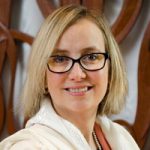
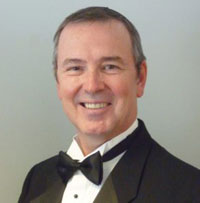
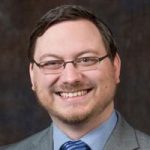
What was your religious upbringing growing up?
EH: I’m a bit of an outlier because I’m from Holland originally and spent part of my childhood there and in Spain. I grew up in an atheist home, but my ancestors come from one of the oldest lineages of ministers in the Netherlands. I tried going to church a couple times and it just didn’t click with me.
TK: I was born in rural Connecticut into a fairly observant Catholic home. My family and I would load up in our minivan and go to church every Sunday.
MG: I grew up in Iowa and my family wasn’t particularly religious, but I did attend bible camp in the summer—probably because it was the only camp in town.
How were you introduced to Judaism and what initially resonated with you?
EH: I began to explore Judaism at 12, with my research being quite limited since there was no internet. I wanted a religion that combined both the heart and mind, and to me, Judaism was exactly that.
TK: In college, I would go to different churches and synagogues and sing in their choirs. I immediately became enthralled that cantors actually had the ability to propel service. I realized that in Judaism, music is a vehicle to which everything is protected. Coincidentally, when I told my parents I was interested in converting to Judaism, my father told me that his grandmother’s whole family was Jewish. He even showed me photos of her dressed as Queen Esther. While it was shocking at first, it made sense for me to be drawn toward Judaism.
MG: I first encountered Judaism through my Jewish classmates. I went to their Bar Mitzvahs and really enjoyed the experience, but because I was just 12 years old, there really wasn’t a clear path for me to explore the religion more deeply.
Is there a specific moment you can point to when you knew Judaism was for you?
EH: I often say when speaking of converts or counseling converts that conversion is a slow burn instead of all at once. When I was 12, I took an interest in Judaism but didn’t convert until I was 26, so I had quite a meandering journey. Ultimately, it’s an integration process.
TK: There was no specific moment, but more of an evolution for me. It was a process, and in some ways, it felt more authentic than having a revolutionary moment.
MG: I was in my early 20s when I believed fully in what Judaism teaches, the wisdom of the Torah and the meaning and purpose of mitzvah observance. I was at the University of Iowa studying with a professor who was a rabbi and it shocked me when he explained how a rabbi could provide a way to engage in stories, love sacred script, ask questions and keep your brain always turned on. The more I studied Judaism, the more I wanted to soak myself in it.
Can you share how you knew you wanted to make Judaism not only your faith of choice, but your profession, too?
EH: I knew when I was a teenager that I wanted to become a clergy member—just not Jewish clergy at the time. For me, I was interested in both the academic and pastoral side early on and felt genetically pre-disposed since I come from a family of ministers.
TK: Since I was already a professional musician singing in churches right up until I converted, it felt so good and natural to become a cantor and like something I should have always been doing.
MG: In college, I was really attracted to the study of Jewish text, history and ritual. During this time, I worked in the front office of a synagogue and saw synagogue life from the inside out and what rabbis do each day. By seeing what a difference it makes to have the right rabbi in the right community, I knew from then on that being a rabbi and having a meaningful impact on people was the best path for me.
In being a Jew by choice, do you feel you bring a different perspective to the Jewish community?
EH: When I was applying for rabbinical positions, I was always upfront with leadership and let them know who I was and what I was all about. In our community, we currently have a high number of inter-married families and converts, so I believe I was hired in part because the congregation thought that me being a converted Jew was a huge asset.
TK: Because I wasn’t “born into the tribe,” I had to earn my way into the community a bit more and because of this, I have a better understanding of what people may think about Jews. I can help validate and dispel some of our congregation’s fears and concerns they have about the outside world’s views.
Listen to how Rabbi Michael Gilboa, who founded the Chicagoland Center for Conversion to Judaism, is making a difference in Chicago’s Jewish community.
Have you noticed a shift in convert and clergy demographics more so now than in the past?
EH: When I entered rabbinical school in 2008, it was just me and one other person who were converts. That’s really changed in the last decade, with studies now showing closer to 1 in every 3 ordained rabbis are Jews by choice. The 21st century has seen the Torah expand through the inclusion of people of color, people with disability, the LGBTQ community and converts alike. There really has been a paradigm shift in terms of conversion and discourse.
TK: I do as many as a couple conversions a week, so I definitely see firsthand the converted population growing. Traditionally, Jews wouldn’t really go after converts, but I think that view has changed, especially since more and more people are becoming interested in Judaism.
MG: 100 percent. I feel like myself and those I went to rabbinical school with in 2015 were the first hint of a tsunami. Now, there are so many Jew-by-choice clergy members. One reason for this is due to people like myself who, after getting a glimpse of Torah and Midrash, wanted more. One way to get more is to become a rabbi, cantor, scholar or professor. Second, the internet has made it more accessible for people to discover the beauty of Jewish life and the truth of Torah.
Have you faced any unique challenges along your journey and what have they taught you?
EH: If you’re blonde and blue eyed like myself, you can run into some complexities. I can’t really pass for a born Jew, but I decided very early on that I was not going to try and pass for someone I’m not and that I was always going to be my authentic self. Luckily, the American Jewish community is so much more forward thinking than other communities. I had some catching up to do when I started rabbinical school in terms of learning Hebrew, but it wasn’t a huge difference from born Jews who didn’t have much access. Now, I can relate to both converts and non-converts because I can say, “Oh you’re struggling with learning Hebrew? It’s alright, I did too.”
TK: I can honestly say I haven’t had many obstacles on my Jewish journey.
MG: When I was in rabbinical school, it was clear at times that being a convert was a handicap. Not because of prejudice, but because so much of professional Jewish life happens through networks established at a very young age. People connect with friends from USY or Camp Ramah and those deep networks start young and are not accessible for someone who converts. I tried as much as possible to make up for lost time by working at Camp Ramah and involving myself in social networks while I was going to rabbinical school.
What advice do you have for those looking to follow in your footsteps?
EH: I often give the converts at our synagogue “the talk” about hard stuff that can arise. They might receive intrusive questions, even if it comes from a good place. What I insist is for people to build their own Jewish identity and to realize that no one owns you.
TK: Most people convert to Judaism because they met someone and they felt a sense of family and community. But people need to understand that it’s not automatic—that feeling needs to be nurtured. It takes time and effort to build relationships with others.
MG: If you find you have a passion for Jewish life, wisdom and people, then being a rabbi or cantor is a great way to live life and make a difference. Once that happens, being a clergy member can be a great way to find meaning and make an impact.
Rabbi Esther Hugenholtz and Rabbi Michael Gilboa are the co-founders of Onkelos, an online rabbi-convert support group and think tank. Click here to learn more.
Interested in exploring conversion to Judaism? Here’s a good place to start.
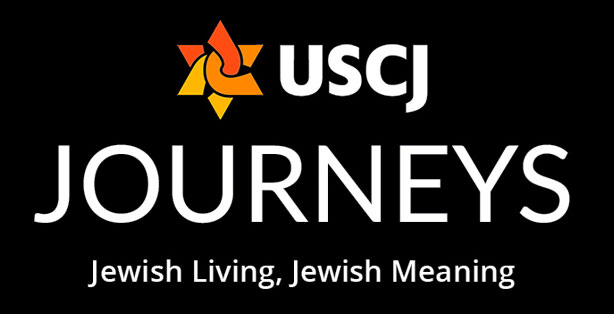
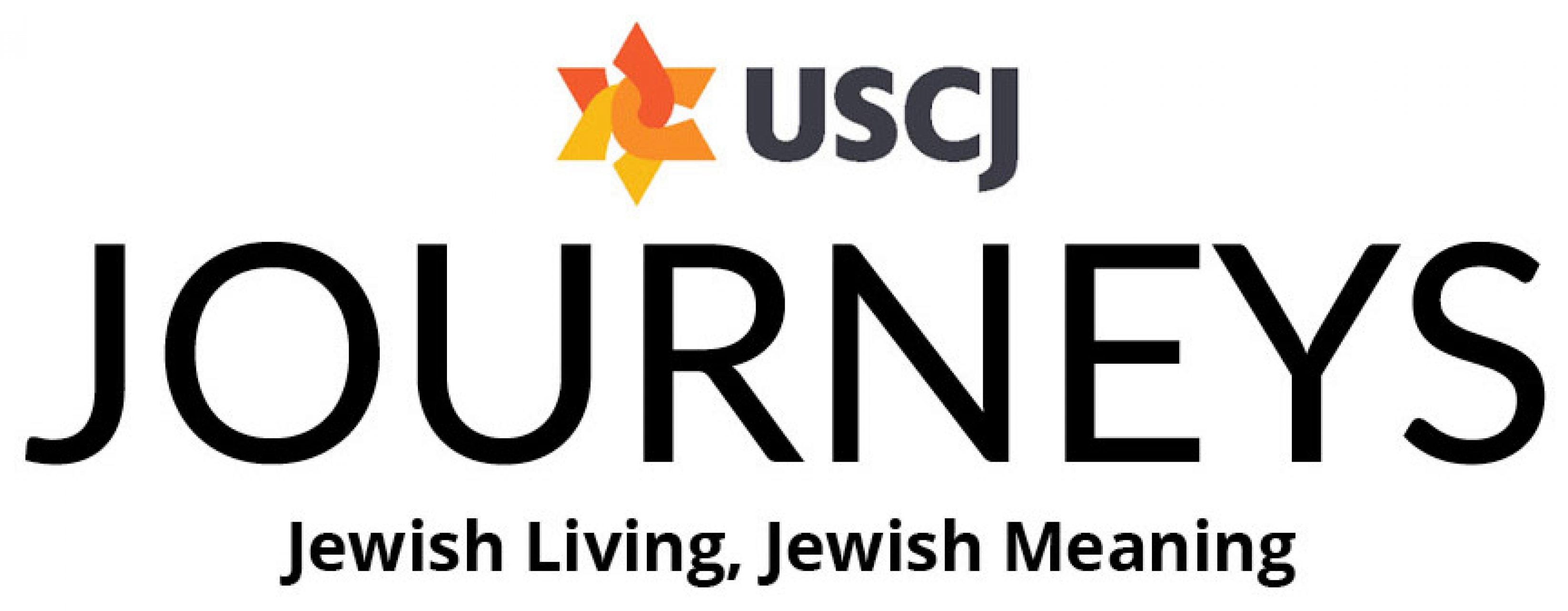
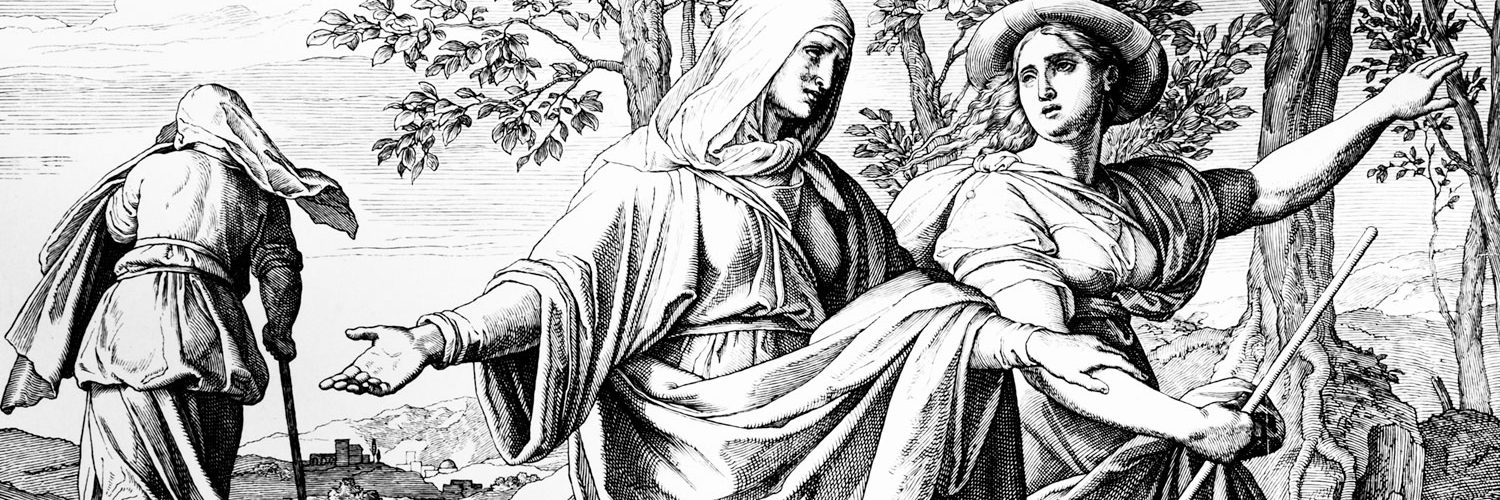

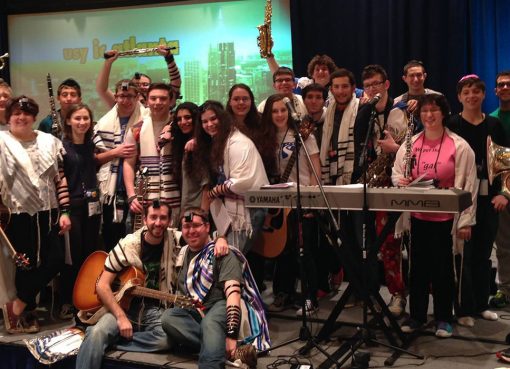
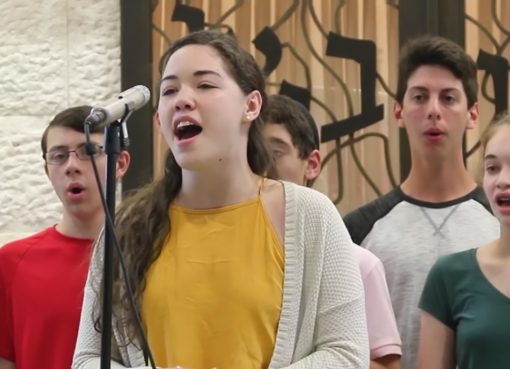
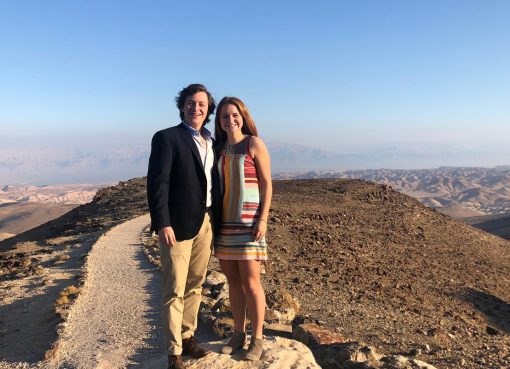

Comment here